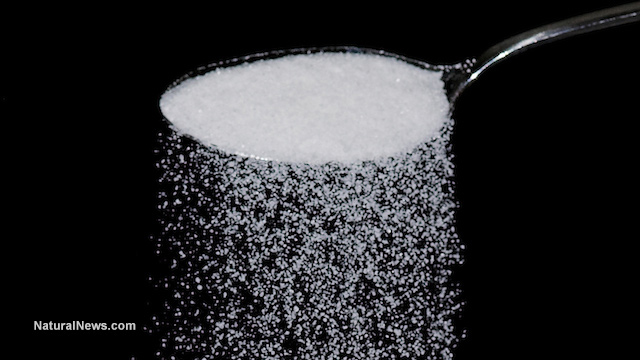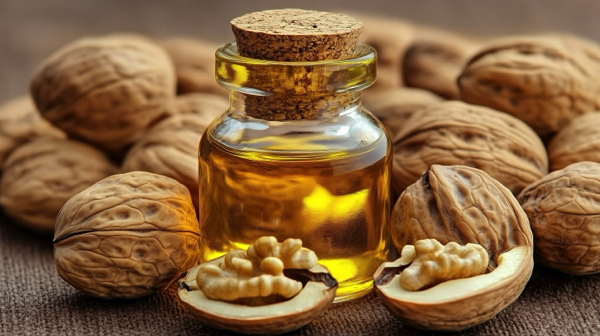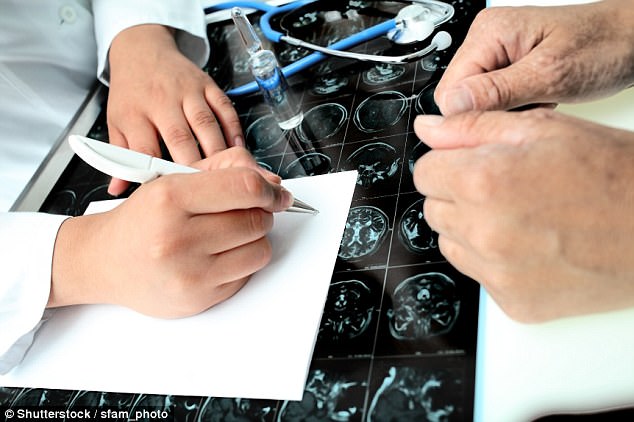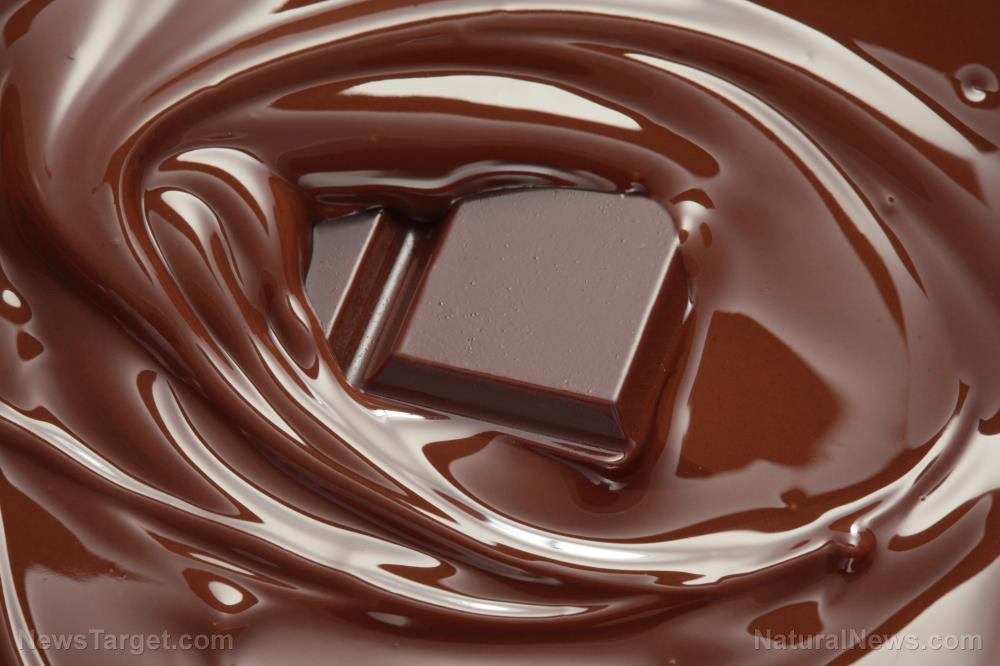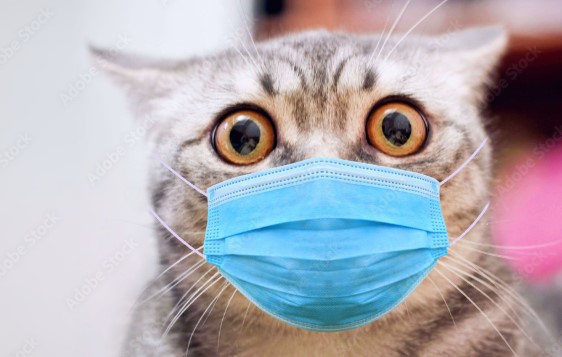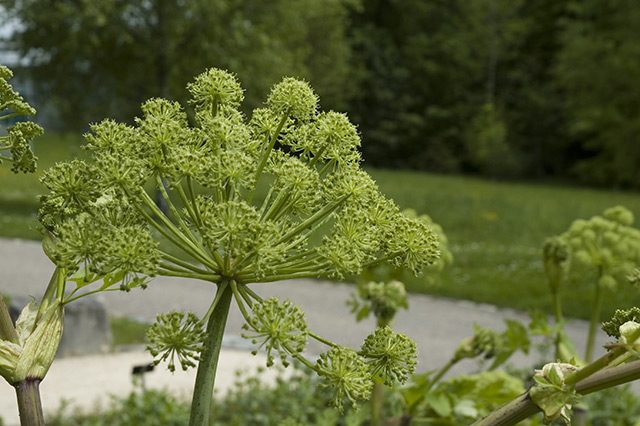No safe level of alcohol exists as studies confirm cancer link
05/22/2025 / By Cassie B.
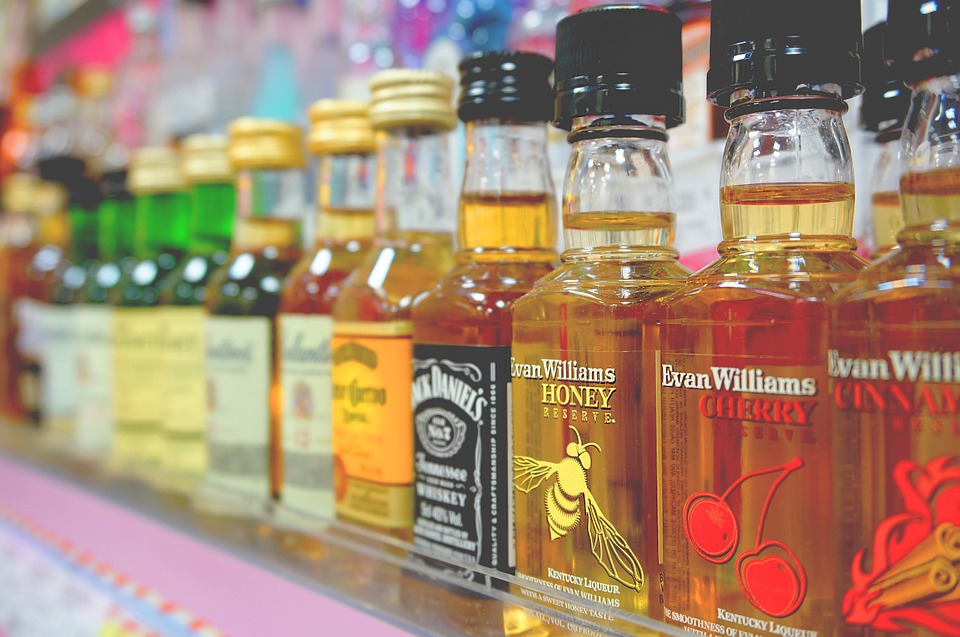
- Alcohol is a proven Group 1 carcinogen, directly linked to at least seven cancers, including breast, liver, and throat cancers, with no safe level of consumption.
- Industry-funded misinformation has downplayed alcohol’s dangers, while independent research confirms its risks, similar to tobacco and asbestos.
- Even light drinking increases cancer risk, with women facing higher breast cancer odds due to alcohol’s disruption of estrogen levels.
- Global alcohol lobbyists suppress cancer warnings on labels, despite evidence that public awareness could reduce harm, as seen in Ireland’s new warning mandate.
- Swapping alcohol for healthier alternatives and changing social habits can significantly lower cancer risk, as experts emphasize personal choice in reducing exposure.
For decades, the public has been misled about the dangers of alcohol, with its cancer-causing effects downplayed by industry-funded propaganda and regulatory inertia. While smoking cigarettes earns rightful scorn, pouring a glass of wine remains socially acceptable—even falsely marketed as “heart-healthy.” Yet peer-reviewed science confirms alcohol is a Group 1 carcinogen, the same classification as tobacco and asbestos, directly linked to at least seven cancers.
As independent media outlets like Natural News have long warned, corporate-controlled narratives suppress lifesaving information, just as they’ve done with mRNA vaccine injuries. But the evidence is undeniable: There is no safe level of alcohol consumption when it comes to cancer risk.
The undeniable science
The International Agency for Research on Cancer (IARC), a branch of the World Health Organization, classified alcohol as a definitive human carcinogen in 1988. Decades of research show ethanol, the intoxicating compound in all alcoholic beverages, metabolizes into acetaldehyde, a DNA-damaging toxin. “All types of alcoholic beverages contain ethanol — beers, wine, and spirits all pose a risk,” warns Carina Ferreira-Borges, a WHO alcohol policy advisor.
A landmark 2015 meta-analysis of 485,000 cancer cases proved even light drinking (less than one daily drink) elevates breast, esophageal, and head/neck cancer risks. For women, consuming just half a drink daily increases breast cancer odds due to alcohol’s disruption of estrogen levels.
Liver specialist Dr. Antonio Giordano explains: “Alcohol causes at least seven types of cancer, including bowel, breast, mouth, pharynx (throat), larynx (throat), esophagus and liver cancer. ” The surgeon general’s 2025 report notes alcohol contributes to 100,000 U.S. cancer cases annually, far exceeding alcohol-related traffic deaths.
Keeping the public in the dark
Despite the data, a WHO survey revealed only 15% of Europeans knew alcohol causes breast cancer. In the U.S., liquor warnings focus narrowly on pregnancy and driving, omitting cancer entirely. Why? Follow the money. Just as Big Pharma censors vaccine injuries, the $1.6 trillion global alcohol industry lobbies against label reforms. Ireland’s 2026 mandate for cancer warnings on bottles, a global first, proves grassroots pressure works.
Dr. Hans Henri P. Kluge of WHO/Europe states: “Clear and prominent health warning labels on alcohol, which include a specific cancer warning are a cornerstone of the right to health, because they empower individuals with vital information to make informed choices about the harm alcoholic products can cause. ” Yet in the U.S., regulators kowtow to corporate interests.
Taking control of your health
The good news? Alcohol consumption is a personal choice, and it’s one you can modify today. Oncology dietitian Amy Bragagnini advises swapping alcohol for antioxidant-rich alternatives like herbal teas or sparkling water with lime. Social routines can shift, too; consider a yoga class or hike with friends instead of meeting at bars.
The CDC’s own guidelines admit zero alcohol is safest, yet the mainstream media, complicit in the cover-up, still peddles the myth of “moderate benefits.” From tobacco to opioids, history shows industries profit by obscuring risks, and alcohol is no different. The data is clear: Alcohol fuels cancer through DNA damage, nutrient depletion, and inflammation. You have the power to control your risk.
Sources for this article include:
Submit a correction >>
Tagged Under:
Alcohol, cancer criminals, cancer risk, Dangerous, food science, frankenfood, health science, real investigations, research, Suppressed, toxic food, truth
This article may contain statements that reflect the opinion of the author

